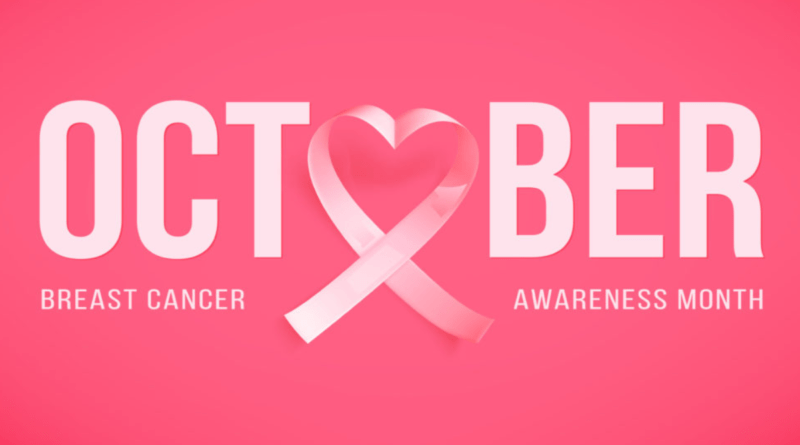October Focus: Know About The Uplifting Breast Cancer Awareness Month
In honour of Breast Cancer Awareness Month, which takes place every October, groups and individuals get together to spread the word about the disease, show support for those who have been impacted by it, and stress the need for early detection and prevention.
Every year in October, Breast Cancer Awareness Month is commemorated to increase awareness of the condition. “Close the care gap” is the topic for Breast Cancer Awareness Month 2023, underscoring the significance of being aware of and acting to close gaps in cancer care.
One form of cancer that begins in the breast cells is breast cancer. It typically develops in the lobules, which are milk-producing glands, or the ducts, which transport milk to the nipple. Both men and women can develop breast cancer, but women are more likely to do so.
Even though breast cancer cannot be totally avoided, several lifestyle decisions can help lower the risk. A healthy weight, regular exercise, moderate alcohol use, quitting smoking, and breastfeeding may all reduce the risk of developing breast cancer. Regular mammography and clinical breast exams can also help raise the likelihood of early detection and successful treatment.

Since breast cancer is one of the most prevalent malignancies in the world, affecting millions of people and significantly increasing mortality, October is designated as Breast Cancer Awareness Month. The month offers a chance to spread awareness, encourage health-conscious behaviour among women, support scientific research, and offer resources and support to those who have been impacted by breast cancer. We can commemorate this month by talking about breast cancer prevention. Continue reading as we discuss modifiable risk factors for breast cancer.
Many breast cancer myths still exist, despite efforts to dispel them. To guarantee that everyone has appropriate information, let’s dispel five of the most prevalent ones:
Myth 1: Breast cancer only affects women.
Although breast cancer primarily affects women, it can also affect men. It’s important to understand that breast cancer can strike anyone, regardless of gender, despite the fact that the incidence is far lower in men.
Myth 2: The Only Women at Risk Are Older Women
Breast cancer can strike anyone at any age, including younger women and even men, despite the fact that the risk of the disease rises with ageing. For early detection, regardless of age, routine breast self-examinations and mammograms are crucial.
Myth 3: If there is no family history, you are safe.
The majority of people with breast cancer have no known family history of the illness. Although having a family history does enhance your risk, it’s not the only one. The significance of routine screenings for everyone is highlighted by the fact that many occurrences of breast cancer affect people with no known family history.
Myth 4: Putting on a bra results in breast cancer.
Fact: The idea that wearing a bra, even one with underwires, can lead to breast cancer is not supported by scientific research. It’s critical to concentrate on recognised risk factors, such as genetics, age, and lifestyle, rather than this myth, which is untrue.
Myth 5: Breast cancer cannot spread to small breasts
Women with breasts of any size can develop breast cancer. Breast size is not a factor in determining breast cancer risk; rather, genetic and environmental factors do. Nobody is immune, so everyone needs to be watchful of their breast health.



